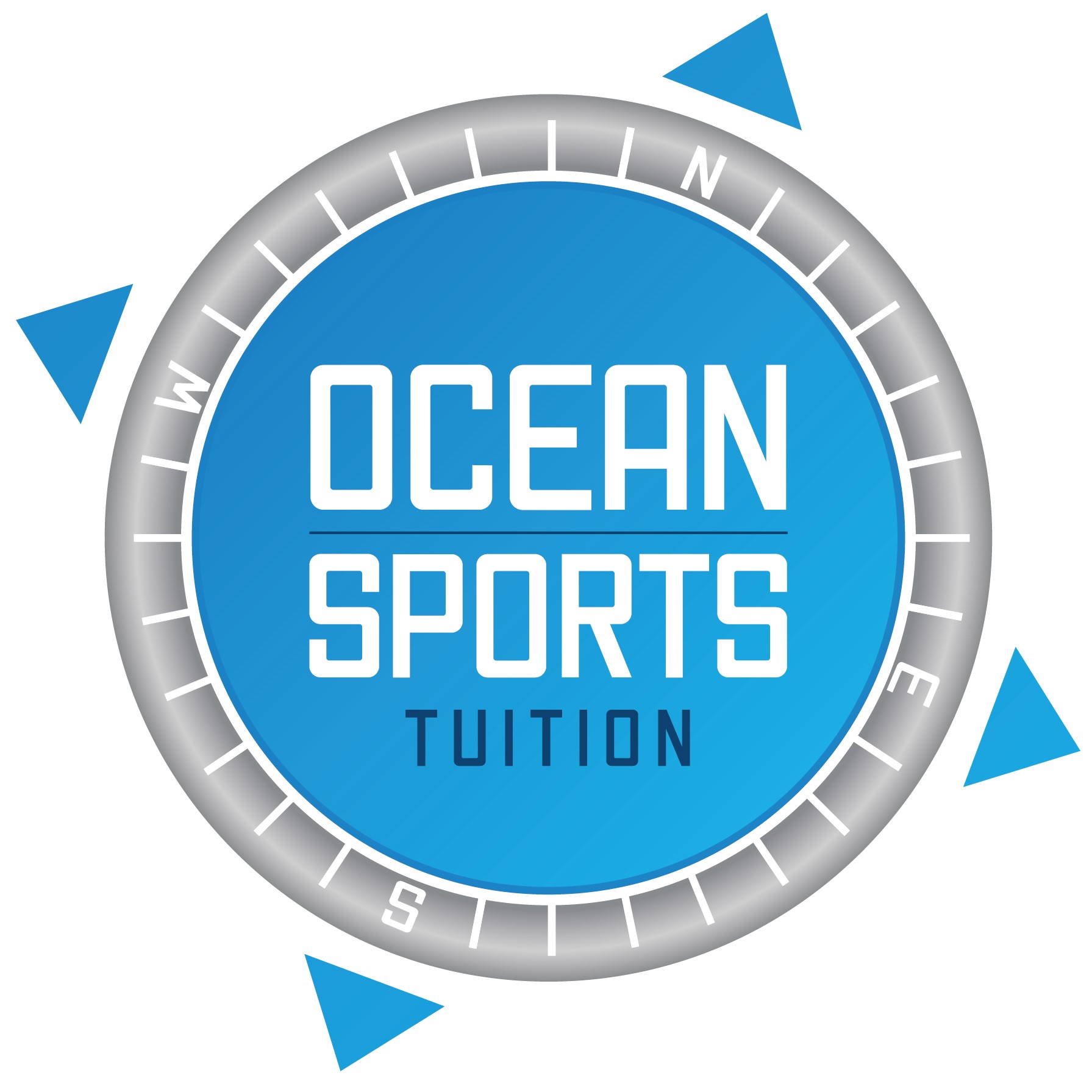Draft Marine Guidance Notices Under Review Following Cheeki Rafiki Trial
Marine Guidance Notices Reviewed After Cheeki Rafiki Trial
When the yacht ‘Cheeki Rafiki’ lost its keel in the Atlantic Ocean in 2014, the lives of all four crew members onboard were tragically lost. Following this incident, there have been calls for drastic change to marine safety regulations for both pleasure craft and commercial vessels such as the yacht in question, which had been run by the company Stormforce Coaching Limited.
Outcomes of the trial
During the trial it was deemed that company boss, Douglas Innes, was not guilty of four counts of manslaughter by gross negligence after the crew of Cheeki Rafiki were lost at sea. However, he was convicted of failing to operate the yacht in a safe manner. The jury also told the court that they recommended that the marine guidance notices be reviewed and tightened to avoid any further tragedies in the future.
The six notices under review
As a result, the MCA has moved to review MGN 280, which relates to technical requirements for equipment and machinery in a vessel. One of the biggest concerns relates to whether or not coding authorities should be alerted in the event of a grounding. In the case of the Cheeki Rafiki yacht, the vessel was grounded twice in 2013, yet neither incident was reported.
Six key areas were highlighted to be reviewed as part of the investigation into improving marine safety. We have outlined the key points to be discussed in each area below:
- Keel groundings – this should provide guidance to yacht owners and the marine industry as a whole regarding correct methods for checking for inner hull matrix failure following incidents such as a grounding.
- Rigging inspections – required to highlight when inspections should be carried out, the importance of using qualified professionals and any potential areas of failure.
- Preparedness – establishing considerations before undertaking any ‘significant voyage’ and identifying any limitations of the vessel and/or crew.
- Stowage of lifesaving gear – ensuring that the location of key equipment is easily accessible.
- Vessel resilience and emergency procedures – correct protocol during emergency situations, for example loss of rudder, man overboard, water ingress or abandoning ship.
- Maintenance, modifications, damage and repairs – providing guidance to yacht owners regarding effective maintenance for safe operation. It also covers how to ensure that modifications do not have a negative impact on safety.
What difference will it make?
With the review period having now come to an end, the marine industry is awaiting the final outcome of this process. The MCA has been under increasing pressure since the incident 5 years ago to tighten not only the marine guidance notices, but also the Sport and Pleasure Codes. Any changes made will be applied to both existing and new vessels in the personal and commercial sectors of the marine industry. Regardless of any official changes made, this tragic incident has focused the industry’s attention on the importance of marine safety, hopefully saving many lives in the future.
Ocean Sports Tuition is a specialist training school that provides a complete range of RYA practical and theory courses, as well as boat charter opportunities. Operating from purpose-built facilities in Saxon Wharf Marina, Southampton, we offer courses for those looking to dip their toe in the water to experienced boaters taking their next steps into a career in water sports.
To see where our courses could take you, please contact Andy on 02381 242159 or email andy@oceansportstuition.co.uk
